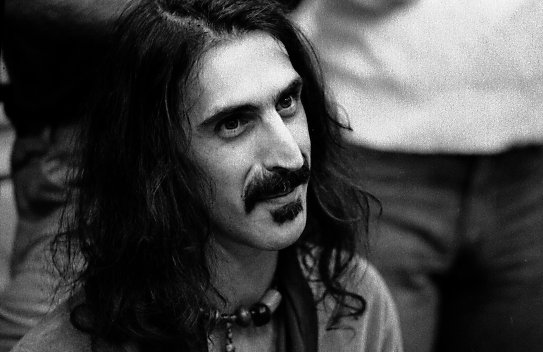Every once in a while you stumble on a post online that just nails it. My friend Eric Berlin, trumpet professor at UMass and one heck of a player, wrote a blog post on the subject of practicing last week that every single musician absolutely must read. If you are a player, you must read this piece. If you are a private teacher, you must read this piece. If you are a music educator, you must read this piece:
Practice Space - The Practice Routine
There is not a single thing in his post that I haven't heard in some form or other over the years. Musicians have been talking about practicing for hundreds of years so I'm not sure there are any original ideas left! But the way Eric puts everything in this post is so clear and concise that it inspired me to share it with the world. He made me a better and more efficient practicer after reading it.
He breaks down his practicing routine into four stages (I've included a small snippet from each):
1) Mental Practice - Create: Creating your ideal trumpeter: (The real creative process.)
"This is the most powerful part of the process and what most people skip."
2) Press Record - Perform: Bringing your creation to life.
"Hit the record button on your recording device and just play along with that wonderful sound you created in your head."
3) Press Play - Listen: Changing hats from performer to critic.
"Changing into listening mode will free that critic which you have drowned out with the excessively loud amplifier you turned up to 11 in the last segment."
4) Back to the wood shed: Refining the vehicle of expression.
"Your practice is now informed by a much more detailed idea of what you hope to achieve and where you need improvement."
-----------
The above quotes only scratch the surface of this post. Do yourself a favor and take five minutes to read the whole thing. I've already read it more than once. Here's the link again:
Practice Space - The Practice Routine
Thank you Eric for a terrific piece!




